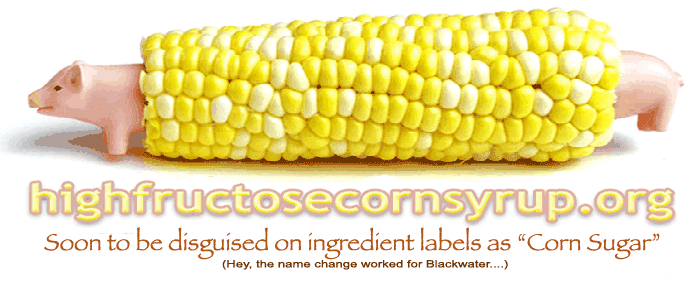 As the nation's food integrity is under attack by profit-hungry corporations, and consumers are being targeted by deceptive packaging practices, Citizens for Health, one of the nation's most respected consumer advocacy groups, has launched a new website, FoodIdentityTheft.com, to alert and inform Americans about misleading labeling on many food, beverage and health products.
As the nation's food integrity is under attack by profit-hungry corporations, and consumers are being targeted by deceptive packaging practices, Citizens for Health, one of the nation's most respected consumer advocacy groups, has launched a new website, FoodIdentityTheft.com, to alert and inform Americans about misleading labeling on many food, beverage and health products.Since 1993, Citizens for Health, "the Voice of the Natural Health Consumer," has provided information about the threats posed by hundreds of everyday products. By supplying facts, links to news stories and videos, legislative updates and more, the non-profit organization helps shoppers make informed decisions about the products they buy for themselves and their families.
"Many consumers believe that the U.S. government will protect us from false advertising or stop corporations from making unproven claims about their products," said FoodIdentityTheft.com Senior Editor, Linda Bonvie. "But the truth is, corporations have a huge influence in Washington. We as consumers have to protect ourselves, stay informed, and tell our legislators and government agencies that we won't accept being lied to."
Read More


















